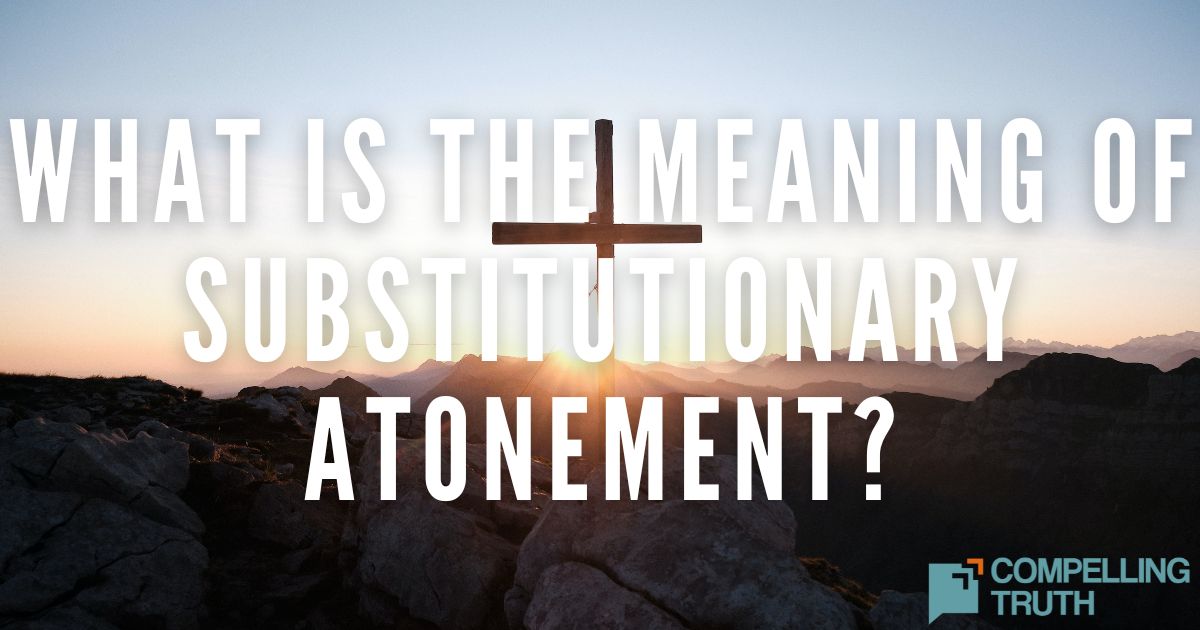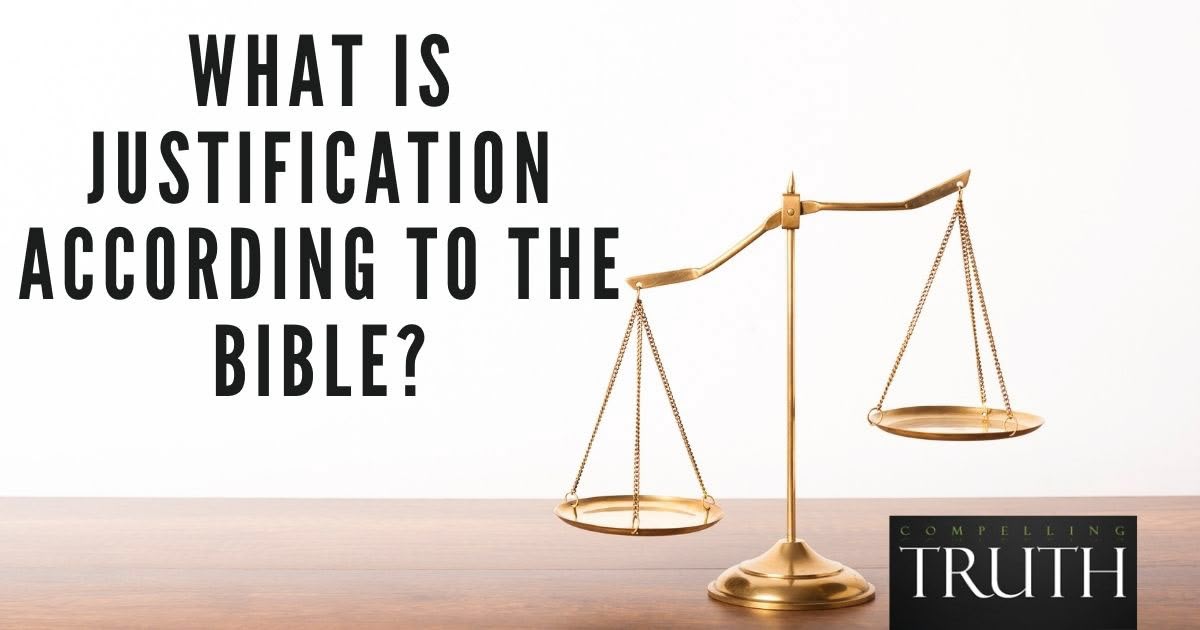Theories of the atonement explain how Christ’s death reconciles humanity with God. In the Old Testament, atonement involved sacrifices and the shedding of blood as a temporary covering for sin, pointing forward to the Messiah as the ultimate substitute (Leviticus 1-7; Hebrews 9:22). The New Testament reveals that Jesus’ death fulfills this system, providing permanent forgiveness and reconciliation, with faith in Him as the single requirement for salvation (Hebrews 9:13-14). Various theories—such as moral influence, ransom, recapitulation, and penal substitution—have sought to explain how atonement works, although penal substitution most closely reflects the Bible’s depiction of Christ dying in our place to satisfy God’s justice. Christianity uniquely combines God’s justice and mercy, showing that Jesus bore the punishment for sin while offering forgiveness to all who believe.
Historically, a number of theories have been offered as to what the atonement and Christ's finished work actually meant and/or achieved. The most common have been the following:
Recapitulation – Christ went through all the stages of human life, resisted all temptations, died and arose a victor over death and the devil, making all benefits of His victory available to us.
Ransom – Christ's death was paid to Satan to purchase human beings who were captive in sin and who are then set free.
Moral example – Christ's death provided an example of faith and obedience that inspires others to be obedient to God.
Moral influence – Christ's death was not a moral example to humanity, but a demonstration of God's great love for people. Christ's death inspires human beings to begin to live rightly.
Government – This theory stresses the law of God and says God has the right to punish sin, but it is not mandatory that He do so since love is His main attribute.
Mystical – God became man so that man may become God. God and man become mystically united in the Person of Christ.
Optional-satisfaction – This theory allows for but does not require satisfaction of God's justice for the sinner. God could have freed man in another way for nothing is impossible with God.
Necessary-satisfaction – it was necessary for God's offended justice and honor to be satisfied by a penalty that only Christ could pay.
Penal Substitution – This builds on the necessary-satisfaction theory but adds that because God's absolute justice has been violated, a substitution for sins had to be made by the sinless Son of God.
Penal substitution theory seems the best match for what Scripture portrays. In every religion/faith in the world, other than Christianity, the deity/god in question dispenses mercy at the expense of justice. For example, in Islam, if Allah grants mercy to a person, he does so by weighing their good against their bad, overlooking the crimes they have committed, and never requiring any payment for those committed crimes.
Christianity is different from all other faiths in that God dispenses mercy through His justice. The truth is, all have sinned against an eternal God and deserve Hell. But because God is love, He provides mercy and a way to escape eternal punishment.
But, God is also just. Someone has to pay for sin, and Jesus willingly took that punishment for those who put their faith in Him. Jesus died for sinners, but He also died to satisfy God's justice. This is clearly laid out by Paul, who says,
But now the righteousness of God has been manifested apart from the law, although the Law and the Prophets bear witness to it—the righteousness of God through faith in Jesus Christ for all who believe. For there is no distinction: for all have sinned and fall short of the glory of God, and are justified by his grace as a gift, through the redemption that is in Christ Jesus, whom God put forward as a propitiation by his blood, to be received by faith. This was to show God's righteousness, because in his divine forbearance he had passed over former sins. It was to show his righteousness at the present time, so that he might be just and the justifier of the one who has faith in Jesus (Romans 3:21-26).
Paul is unmistakable; Jesus died for God's people, but He also died to satisfy God's punishment for sin. Christ died in the place of others for God's justice, which supports and validates the penal substitution theory of the atonement.




